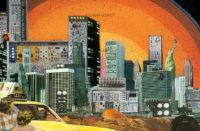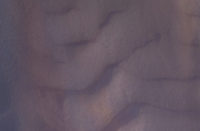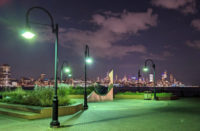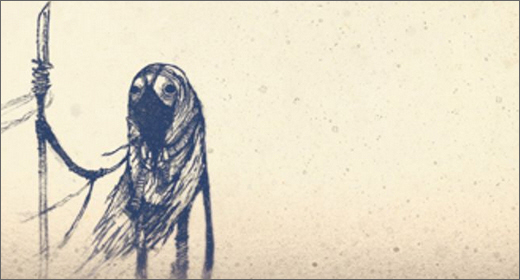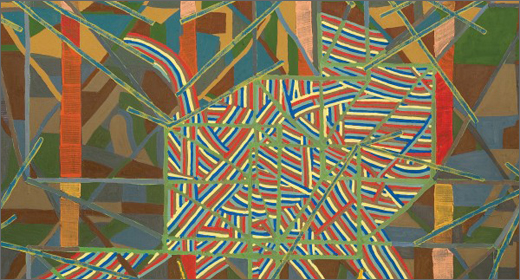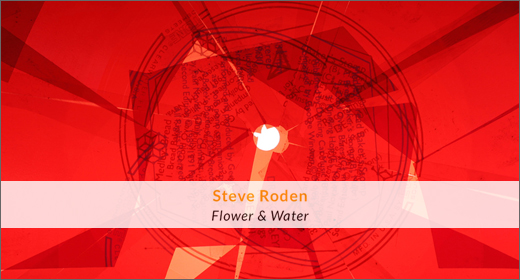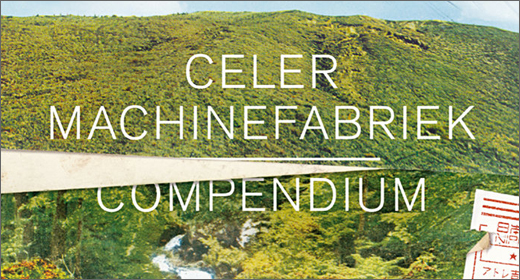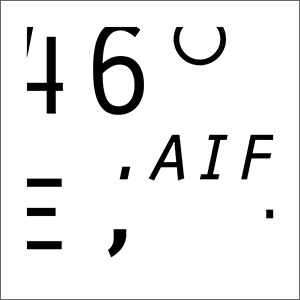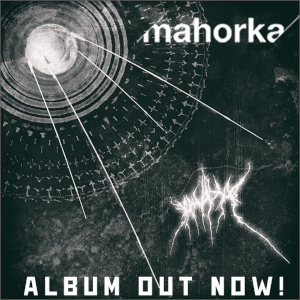Ultimately, Lichtung‘s places remain elusive fragments, memory residue, illusory referents of the intangible drift of the music and its field infusions.
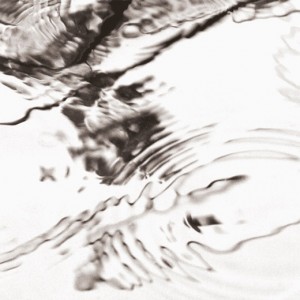
[Release page] On returning from a spell spent somewhere, recall is far from total, more partial. Slippery, errant, an essence of place is what remains, fading over time. Various elements—sound, vision, quality of light—may attach to or come undone from it. On later revisiting, there’s invariably a certain dissonance – between presenting and represented place. Once removed, a place is more a projection, a mix of emotion and sensation dislocated from site, retrospectively colored. This physical and psychological duality residing in place is explored by Lichtung as part of a series on the larger theme of Heimat—a concept of which it has been said that, for a German speaker, “…there is hardly a more ambivalent feeling, hardly a more painful mixture of happiness and bitterness than the experience vested in the word Heimat.” Rutger Zuydervelt (Machinefabriek) and visual artist Sabine Bürger captured audio and video recordings in the area around a small German village and the nearby Mindelsee as base material for an installation, similar soundings being taken by Steve Roden in his local area of the US. While a DVD is available, Eat, Sleep, Repeat offer listeners sound for their own vision with this CD compiling eight audio edits and a track the artists recorded at the event’s opening.
The absence of one dimension of the total sensory experience means that audio and the artists moulding it must do more work abstracting sensation to sound. Roden, especially, and Zuydervelt are well versed in such sonification, making of Lichtung a vivid audio document. Sounds from the ground and around secluded spots serve as signifiers to snag decaying memories—wind, leaves, birds, a river. They’re treated lightly, literally, manipulated just enough to un-real-ize them to potentiate imagined landscapes. Much of the significative caché comes from pitched tones interacting with these field recordings operating at the intersection of memories compiled and in erasure. Zuydervelt renders the sound of the treading of dessicated foliage in the eponymous “Leaves” so as to lend it a brittle autumnality while also harnessing its eerie undertones to orchestrate a certain disquiet. Roden’s “Ice Strings” resound with similarly ambiguous undercurrents. Zuydervelt imbues “Wind” with a sense of hibernal chill, while Roden’s “Birds Plucks Stones” fuses staccato bird chirrup to a looping metallic creak, removed from provenance to evoke a crepuscular forest. On “Floor Radio” a suspended audio dust particle nebula (shortwave radio?) is buffeted with the echoing thud, creak and clatter of trodden boards, coated with a faint reverb to impart a certain otherness. On “Ice Bow” a residue distilled from field captures colludes with drones and cello to fading light; unmoored from the real, suffused with nonplace emotion, it somehow seems to articulate the ambiguity of the interplay between fancy and felt experience.
As Lichtung develops, pieces segue into each other to form a narrative compelling enough for it to take on a life independent of its parent installation. Roden and Machinefabriek artfully further Eat, Sleep, Repeat’s conceptualist manifesto, moving in their respective mysterious ways, complementary contributions woven into a beguiling blend of light and shadow (the set could equally be titled Schatten). Ultimately, Lichtung‘s places remain elusive fragments, memory residue, illusory referents of the intangible drift of the music and its field infusions. The theme is not new, but nonetheless resonant—that place is in a sense always under construction as a site of intersecting psychodynamics.
Lichtung is available on Eat, Sleep, Repeat. [Release page]






